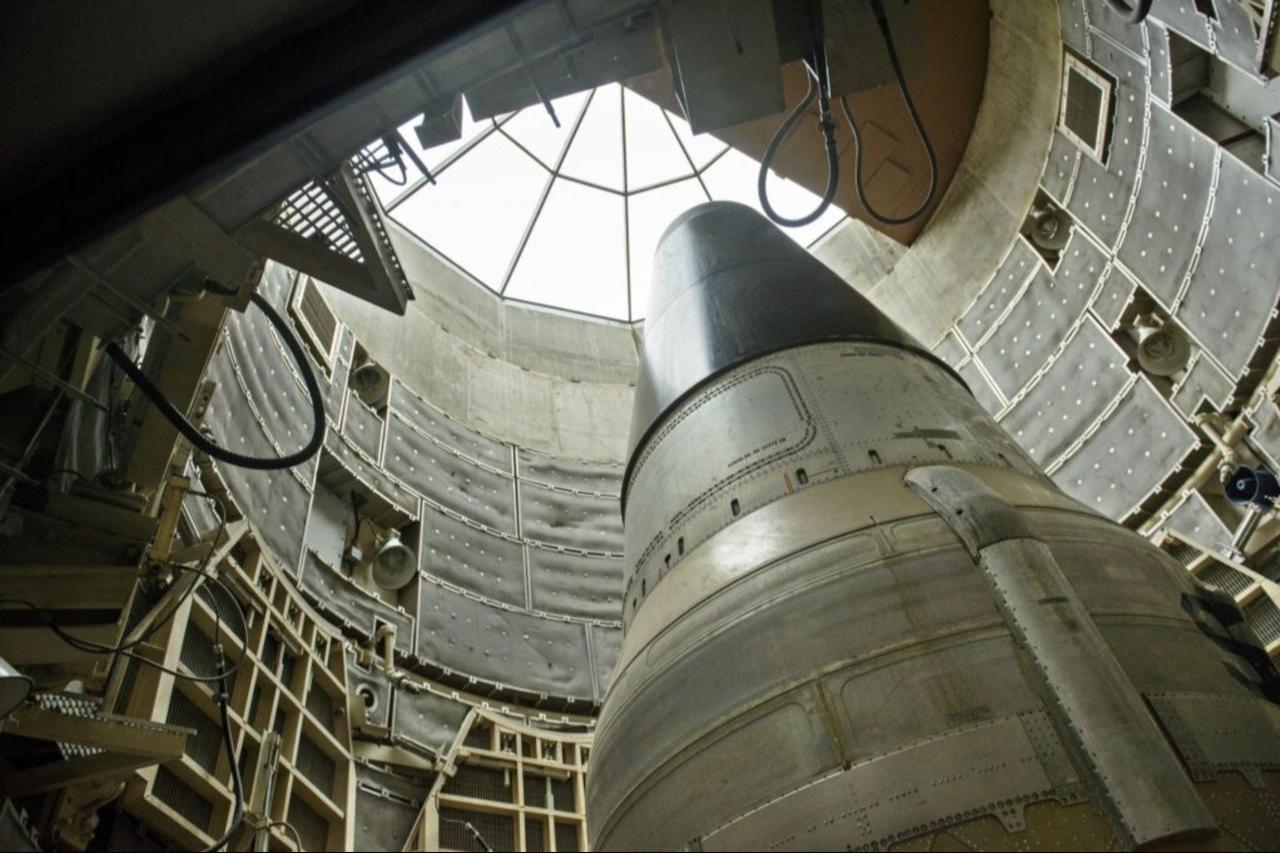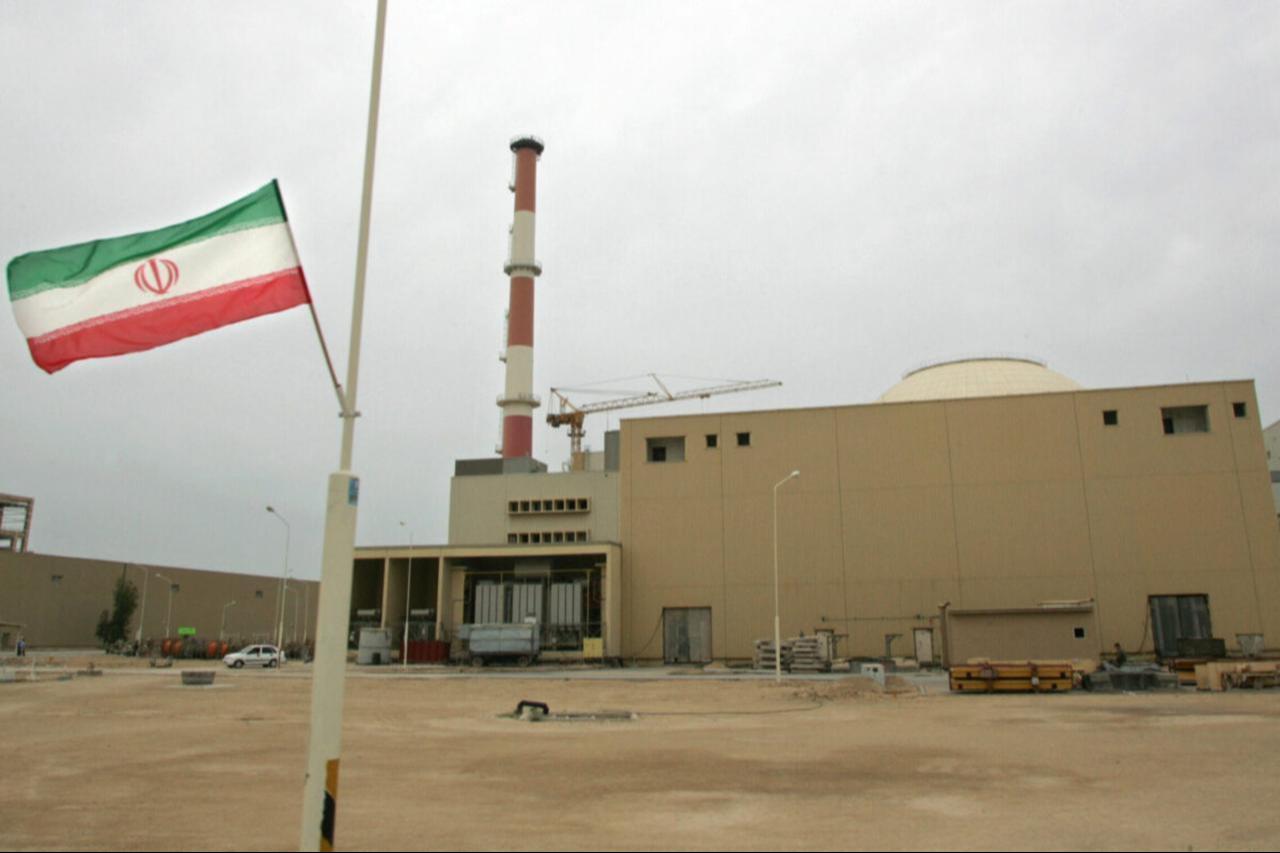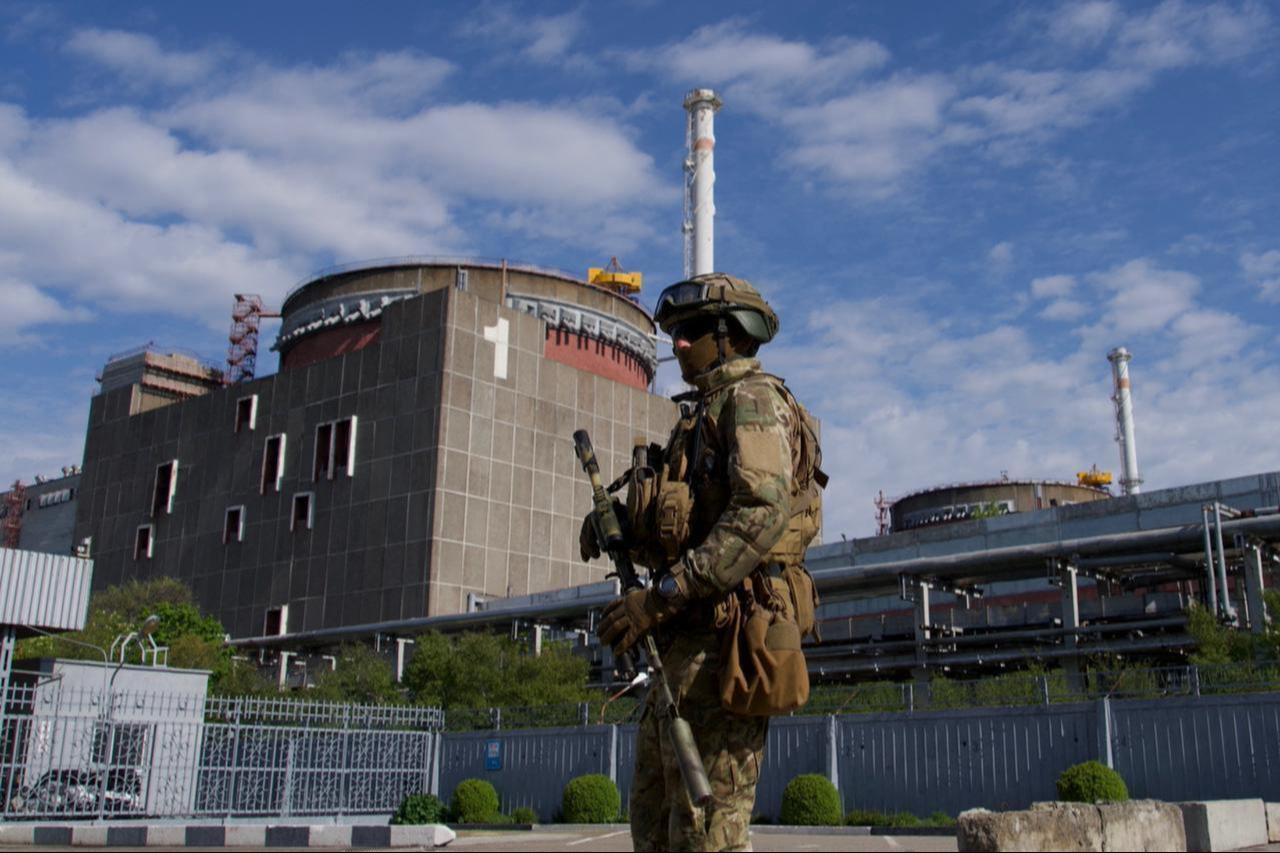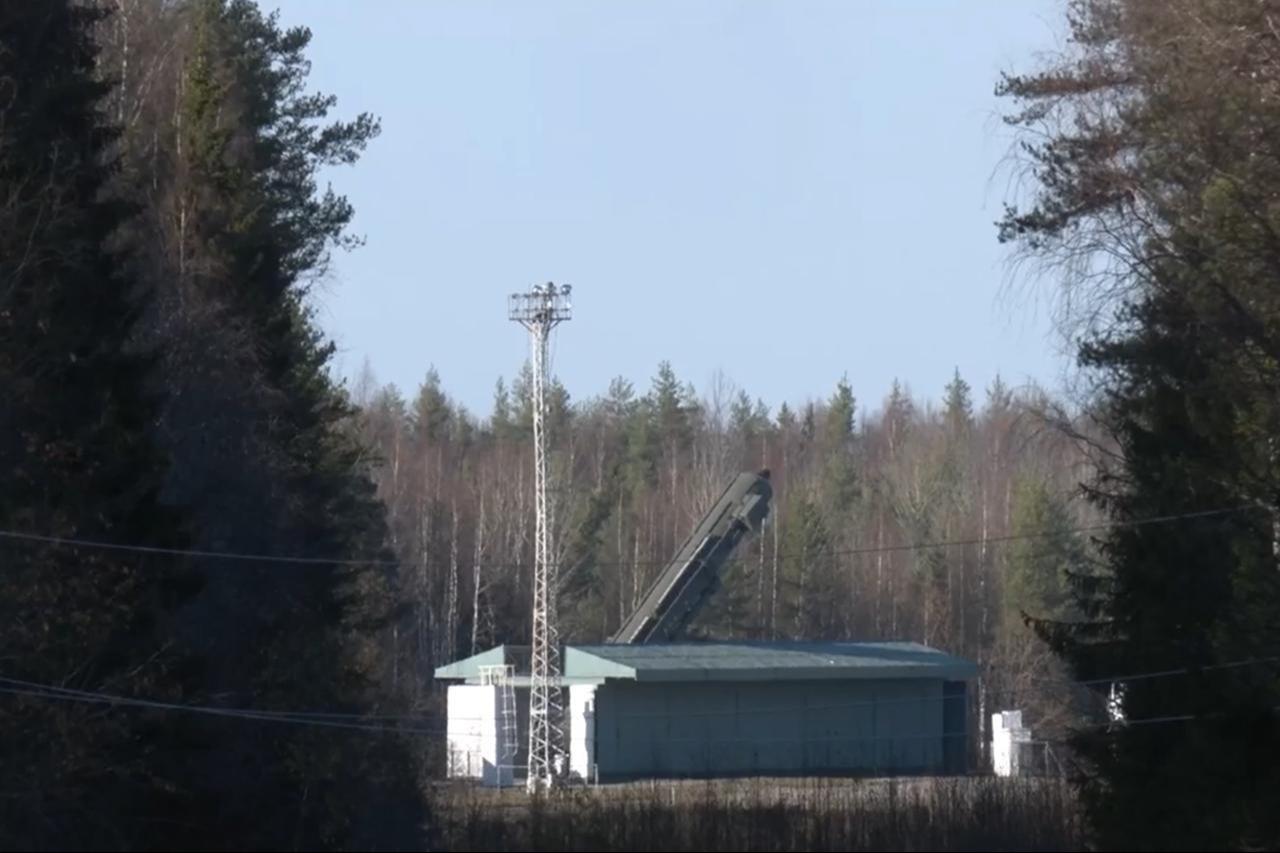
China on Monday called on the United States to uphold its moratorium on nuclear testing after President Donald Trump directed the Pentagon to prepare for the resumption of nuclear weapons testing, which would mark the first U.S. test in over 30 years.
Chinese Foreign Ministry spokeswoman Mao Ning said at a news briefing in Beijing that China “hopes the United States will uphold the moratorium on nuclear testing and the global strategic balance and take concrete action to uphold international disarmament and the non-proliferation regime.”
“We uphold the principle of not using nuclear weapons first and using them only for defense,” Mao said, adding that China “stands ready to work with all parties to uphold the Comprehensive Test Ban Treaty (CTBT) and strengthen the non-proliferation regime.”
Trump said in an interview Sunday that North Korea was not the only country conducting nuclear tests, claiming that Russia and China were also testing nuclear weapons. “Russia is testing, and China is testing, but they don’t talk about it,” he said.
His remarks came three days after he instructed the U.S. military to resume nuclear weapons testing. The United States last conducted an official nuclear test in 1992, during the presidency of George H. W. Bush.

Russian military experts said Moscow’s recent testing of nuclear-powered and long-range missile systems sends a strong political message to the United States, demonstrating that Russia has prevented Washington from achieving strategic invulnerability.
President Vladimir Putin earlier announced that Russia had successfully tested the “Burevestnik” nuclear-powered cruise missile and the “Poseidon” unmanned underwater vehicle, both of which he described as having no equivalents in the world.
According to reports, the Burevestnik covered 14,000 kilometers and remained airborne for 15 hours during trials, while the Poseidon is notable for its speed and operational depth.
Experts claim that no existing defense system can intercept these weapons.
Igor Korotchenko, editor-in-chief of the National Defense magazine, said the tests “nullified” U.S. President Donald Trump’s plans to create a strategic missile defense system known as the “Golden Dome.”
“Both Burevestnik and Poseidon can penetrate this dome because it was not designed to intercept such missiles,” he said. “If the U.S. were to start a war, Russia could guarantee a nuclear strike in return.”
Military analyst Viktor Litovkin added that these tests serve as a deterrent and a political message to Washington. “The U.S. should treat Russia as an equal and respect its national interests,” he said, noting that Moscow’s advanced weapons ensure “serious deterrence” against any U.S. threat.

Trump’s directive to resume nuclear tests has reignited public debate in the U.S. about the risks and consequences of nuclear detonations, including radiation contamination and long-term environmental damage.
The president said on Oct. 29 that he had instructed the Pentagon to begin testing “immediately,” citing other nations’ weapons programs. However, the nature of the planned tests remains unclear.
Richard Correll, Trump’s nominee for head of U.S. Strategic Command, said the remarks could refer either to explosive tests or missile tests capable of carrying nuclear warheads. Democratic Senator Jacky Rosen opposed any resumption of explosive testing, saying there was “no justification” for it.
According to open-source data, nuclear explosions occur when energy from a rapid nuclear reaction, fission, fusion, or a combination of both, is released suddenly, producing destructive radiation and shockwaves.
Tests are typically classified as atmospheric, underwater, or underground.
Atmospheric tests release radioactive particles into the air, which can spread over vast distances and pose health risks.
Underwater tests contaminate marine ecosystems, while underground tests, though often contained, may still leak radioactive debris.

Scientists warn that nuclear tests pose significant long-term dangers. Columbia University’s Norman Kleiman said exposure to radiation damages human DNA and increases the risk of cancer, especially for unborn children.
“The risk for unborn children is the greatest,” Kleiman said. “There are many developing cells, and the chance of disruption is very high.”
Former workers at Nevada’s test site told The Washington Post that resuming testing would be complex and costly, as equipment is outdated and expertise has been lost. They noted that modern testing relies heavily on computer simulations rather than physical detonations.

In Tehran, Iranian Foreign Ministry spokesman Nasser Kanaani said conditions for resuming nuclear negotiations with the U.S. have not yet been met but confirmed that intermediary countries are attempting to narrow the gap between the two sides.
Kanaani said no U.S. message was conveyed during Deputy Foreign Minister Majid Takht-Ravanchi’s visit to Oman.
“Various intermediaries are working to bring the views of both sides closer,” he said, adding that “this does not mean a negotiation process has begun.”
He stated that dialogue could resume only if Washington demonstrated “a realistic understanding and respect for Iran’s rights,” but that current conditions did not allow for such talks.
Kanaani also criticized recent U.S. statements urging Iraq’s government to limit the influence of Iran-backed Shia groups, calling them interference in Iraq’s sovereignty and internal affairs.
He added that the International Atomic Energy Agency (IAEA) is currently conducting inspections at Iran’s Bushehr and Tehran research facilities.